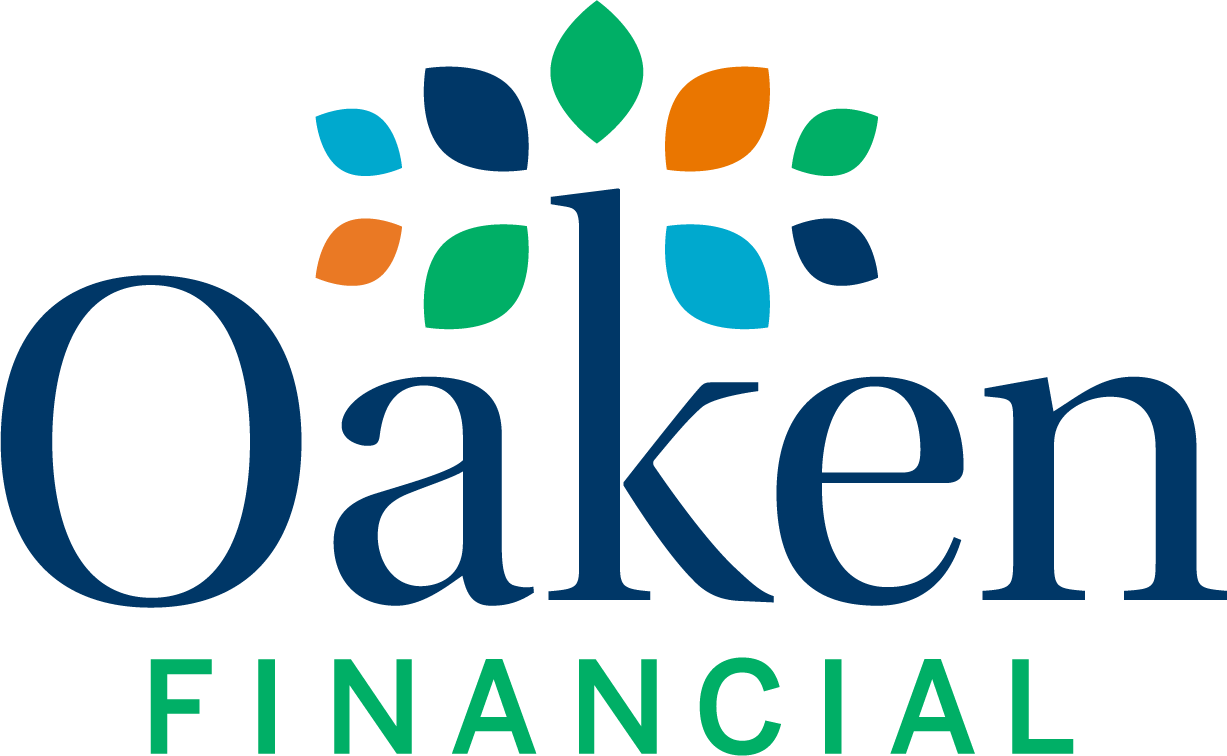The expression carpe diem, loosely translated from the original Latin, means to “seize the day” or “live for the moment”. Today, this same sentiment is found in the expression “you only live once”, or, as you’ve probably seen online, “YOLO”!
The idea of living for the moment is a wonderful sentiment and may make for a great movie plot. However, the reality is that you will always need some form of income to at least meet your basic needs.
Finding a way to do the things in life you want to do, when you want, while still maintaining a sufficient degree of fiscal responsibility, can be a challenge. As Kevin discusses in this Saversodes episode, achieving this balance is easier said than done, but a new trend is gaining momentum that attempts to redefine how you can achieve this balance.
The FIRE Movement
In the past, retirement usually meant you first worked for 30 or 40 years. Then, if you were lucky enough to have a workplace pension, or to have set aside enough in your retirement savings, you got to sit back and take it easy for your final 10 or 15 years. No wonder, then, that early retirement is an objective shared by many.
This is why the FIRE movement is growing in popularity and is currently setting the old idea of retirement on its ear. FIRE stands for “Financial Independence, Retire Early”, but FIRE goes far beyond just how to retire early. With FIRE, the millennial generation, just as it’s doing with a number of other long-held conventions, is rejecting many of the ideas of the previous generations. FIRE involves a new way to think about work and career goals. People in their 30s and 40s are now quitting the daily grind in order to spend more time with family and pursuing the things in life that bring them joy.
On the surface, this attitude may seem very selfish, but FIRE proponents see it merely as the rejection of an out-dated notion while redefining what it means to “retire”.
Retire on your terms
One of the main FIRE principles is that you can still work and earn money, and more often than not, this means turning to non-traditional work. The idea is to do something that you enjoy and that can provide you with income, but still allows you to exercise more control over your time.
Young professionals, seeking to leave behind the long hours and relentless pressure of building a corporate career, were the first to adopt FIRE. For these highly skilled individuals, freelance and contract-based work was one way they could work on their own terms while still making use of their education and accumulated experience. With the availability of the internet and universal connectivity, many could provide their expertise from any anywhere on the planet.
Social media has also opened up new opportunities for digitally-savvy individuals. Blogging and podcasting have created a new, specialized marketing channel and has led to the rise of social influencers. These individuals can generate income by “monetizing” their social media channels and other branded online properties.
Living below your means
The FIRE lifestyle also means keeping a tight handle on expenses. Living on a reduced income requires you to curb your spending and finding creative ways to live with less. This “more with less” sentiment is gaining in popularity and a growing minimalist trend is emerging that fits in very well with the FIRE approach.
In many ways, the idea of taking more control of your life and living a less complicated lifestyle is reminiscent of the “back to nature” movement of the late 1960s and 1970s. Again, it was the younger generation, rejecting the perceived constraints of their parents’ generation, that led to this trend.
Ultimately, FIRE is not simply quitting your job and living a care-free lifestyle somewhere on a deserted beach. It’s about redefining what it means to work and taking a different approach as to how to spend your working years. The idea is to change the way you work so you can do more of the things you enjoy in life now, rather than waiting until you reach a pre-defined retirement age.




 Saversodes
Saversodes